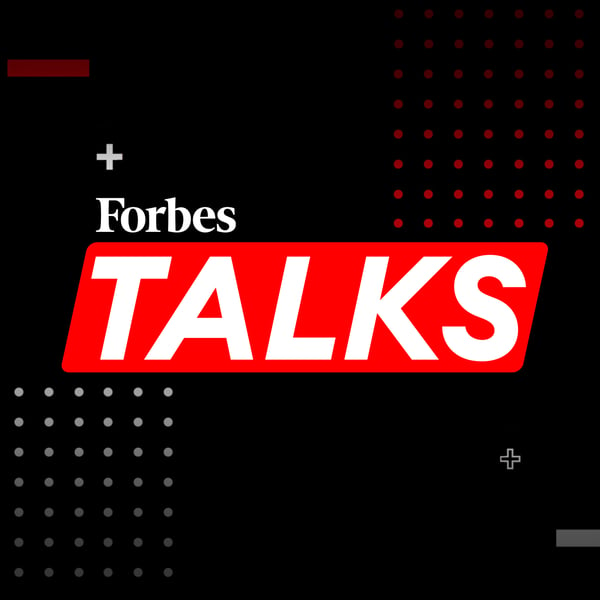Inside The Billion-Dollar Brand Disrupting American Whiskey
Forbes Talks
Forbes Media LLC
5 • 4 Ratings
🗓️ 22 April 2025
⏱️ 50 minutes
🧾️ Download transcript
Summary
Fawn Weaver is the founder and CEO of Uncle Nearest, the fastest-growing American whiskey brand, now valued at over $1 billion. In this interview with ForbesWomen editor Maggie McGrath, Weaver shares her extraordinary journey—from leaving home at 15 to disrupting a centuries-old industry. She opens up about the early challenges of launching a whiskey company as a Black woman, her strategic approach to raising capital, and why she refuses to take venture funding.
Weaver also reveals her bold plan to build a spirits conglomerate—one that includes vodka and cognac brands—while staying true to her mission. She talks about tariffs, shifting consumer habits, and the importance of legacy. Whether you're an aspiring entrepreneur or a seasoned investor, Weaver’s vision, grit, and strategy offer a masterclass in building something that lasts.
See Privacy Policy at https://art19.com/privacy and California Privacy Notice at https://art19.com/privacy#do-not-sell-my-info.
Transcript
Click on a timestamp to play from that location
| 0:00.0 | Hi everyone. I'm Maggie McGrath, editor of Forbes Women. Fawn Weaver is the driving force |
| 0:08.5 | behind Uncle Nearest Premium Whiskey, one of the fastest growing American whiskey brands that Forbes |
| 0:15.1 | estimates is worth more than $1 billion. Fawn last year also became a New York Times bestselling author, and she joins us |
| 0:23.4 | today. Fawn, thank you so much for being here. Thank you for having me. So I was listening to an |
| 0:28.4 | interview you did recently, and I think this is a great place to start. You said, quote, |
| 0:32.6 | I think people think the end result is indicative of where someone began. I prove the end result has |
| 0:40.4 | nothing to do with where you begin. What should the Forbes audience know about where you began? |
| 0:46.1 | Well, it is, what I'm referring to there is the fact that I left home when I was 15 years old |
| 0:51.2 | and I moved to Jordan Downs, which is the Projects in Watts, Los Angeles, |
| 0:56.7 | California. And I was there for a period of time. And then I lived in three homeless shelters by the time I |
| 1:02.9 | was 18 years old. And then dropped out of high school in between there. And by the time I was 20, |
| 1:09.2 | I had tried to commit suicide twice. |
| 1:11.3 | That's my beginning that I'm talking about there. |
| 1:15.0 | And so often when you hear about the success of entrepreneurs, so much of that is skipped. |
| 1:21.4 | And I go, no, no, no, don't skip that part. |
| 1:24.5 | All of that is important because it framed who I am and it helped me to build |
| 1:29.1 | a fortitude that most people don't have. You experienced hardship at such a young age. What were the |
| 1:37.3 | skills you developed then that you have used as an entrepreneur? No nonsense and being authentically me because it's what led me to suicide is trying to fit |
| 1:48.7 | into a world that tries to create and to shape and to mold people into robots, into people |
| 1:55.8 | that think like them and have the same political thought process, have the same background or |
| 2:01.6 | worldview. |
| 2:02.6 | And we don't. |
... |
Please login to see the full transcript.
Disclaimer: The podcast and artwork embedded on this page are from Forbes Media LLC, and are the property of its owner and not affiliated with or endorsed by Tapesearch.
Generated transcripts are the property of Forbes Media LLC and are distributed freely under the Fair Use doctrine. Transcripts generated by Tapesearch are not guaranteed to be accurate.
Copyright © Tapesearch 2025.

